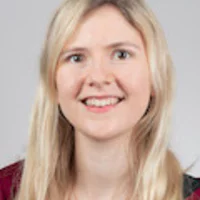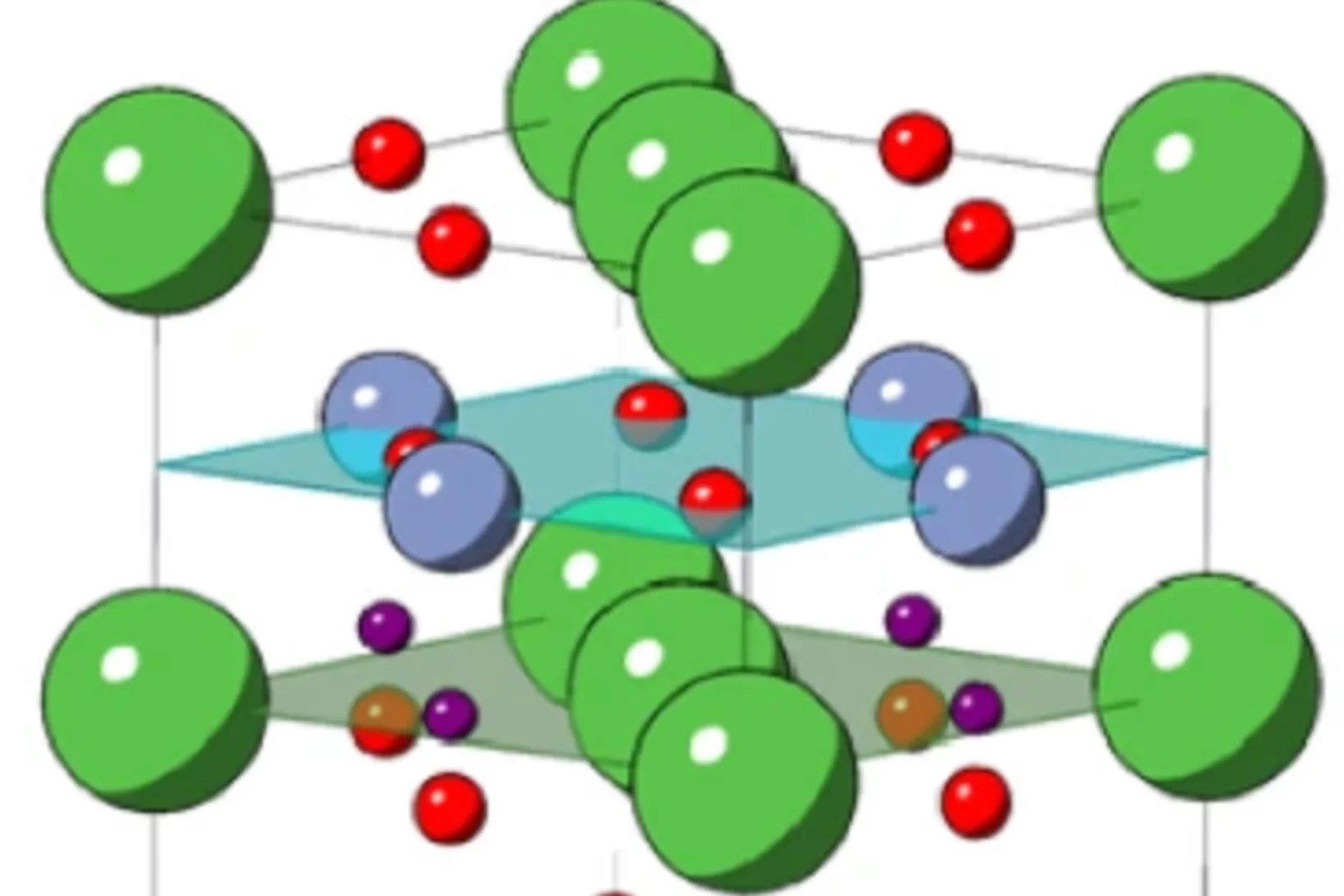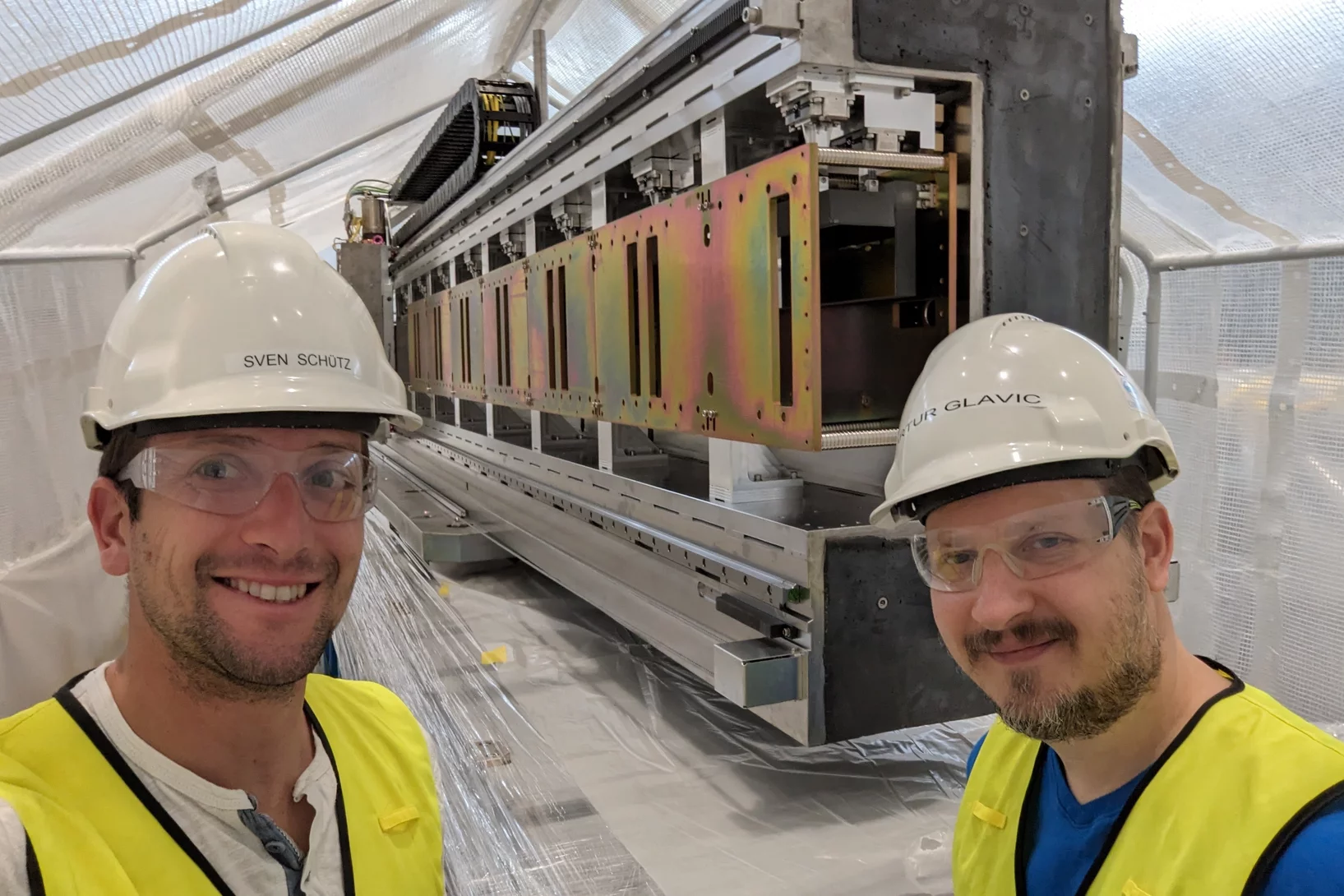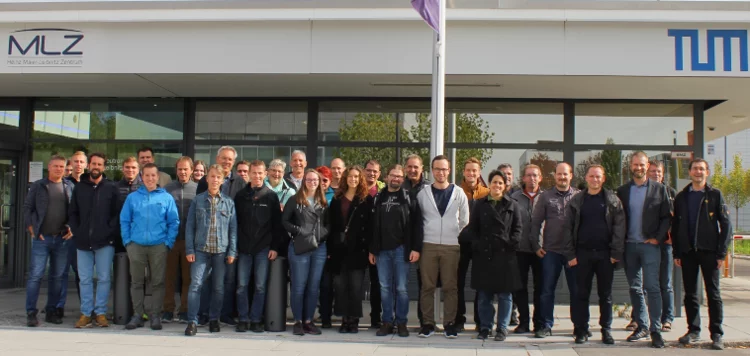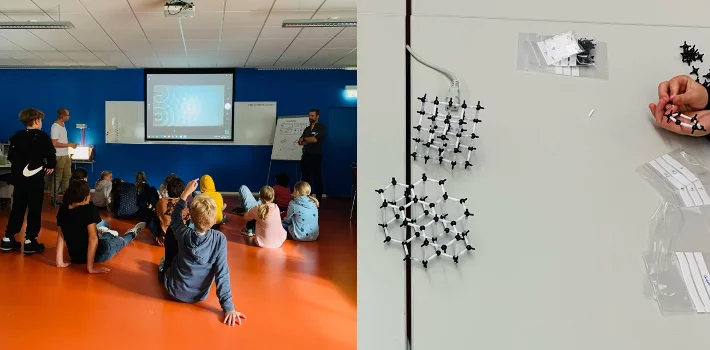Scientific Highlights
Pressure-enhanced splitting of density wave transitions in La3Ni2O7–δ
The observation of superconductivity in La3Ni2O7–δ under pressure, following the suppression of a high-temperature density wave state, has attracted considerable attention. The nature of this density wave order was not clearly identified. Here we probe the magnetic response of the zero-pressure phase of La3Ni2O7–δ as hydrostatic pressure is applied, and find that the apparent single density wave transition at zero applied pressure splits into two. The comparison of our muon-spin rotation ...
Spin-orbit control of antiferromagnetic domains without a Zeeman coupling
Encoding information in antiferromagnetic (AFM) domains is a promising solution for the ever growing demand in magnetic storage capacity. The absence of a macroscopic magnetization avoids crosstalk between different domain states, enabling ultrahigh density spintronics while being detrimental to the domain detection and manipulation. Disentangling these merits and disadvantages seemed so far unattainable. We report evidence ...
Connection between f-electron correlations and magnetic excitations in UTe2
The detailed anisotropic dispersion of the low-temperature, low-energy magnetic excitations of the candidate spin-triplet superconductor UTe2 is revealed using inelastic neutron scattering. The magnetic excitations emerge from the Brillouin zone boundary at the high symmetry Y and T points and disperse along the crystallographic b-axis. In applied magnetic fields ...
News
Swiss precision optics in Sweden
PSI has finalized the precision Selene neutron optics for the ESTIA instrument. The complex state-of-the-art guide was installed at the European Spallation Source as a Swiss in-kind delivery.
The Laboratory for Neutron and Muon Instruments visits FRM II neutron research facility
Recently, the staff of the PSI’s Laboratory for Neutron and Muon Instrumentation (LIN) visited our colleagues at MLZ to learn more about the FRM II reactor and its instrumentation, as well as to discuss current and future joint projects. LIN staff was greeted with Bavarian hospitality in the form of “Weisswurst Frühstück” and then enjoyed a full tour of the facility and many fruitful discussions.
Kinderuniversität Zürich visits PSI
On November 5, 2022, the Laboratory for Neutron and Muon Instrumentation in collaboration with the Correlated Quantum Matter group at the University of Zurich carried out the workshop “Wellenspiele” (German for “Playing with Waves”) for the Kinderuniversität Zürich (“Children’s University Zurich”) for the first time.

